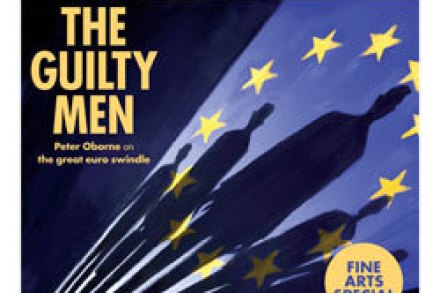Good Boris
Boris Johnson must be one of the very few politicians in the world to make the audience laugh before they even start their speech. Just by walking on stage, he has the effect of a good comedian: the punters start to smile, in anticipation of some good one-liners. In today’s case, Boris got a standing ovation before he opened his mouth. Here is the man judged by Ladbrokes as the most likely next Conservative leader, but he had not come to stir. The Prime Minister – who lavished praise on the Mayor last night – was in the hall. It was all Big Society (BoJo division): affordable housing and a reprise of




















